By Joel Benoliel
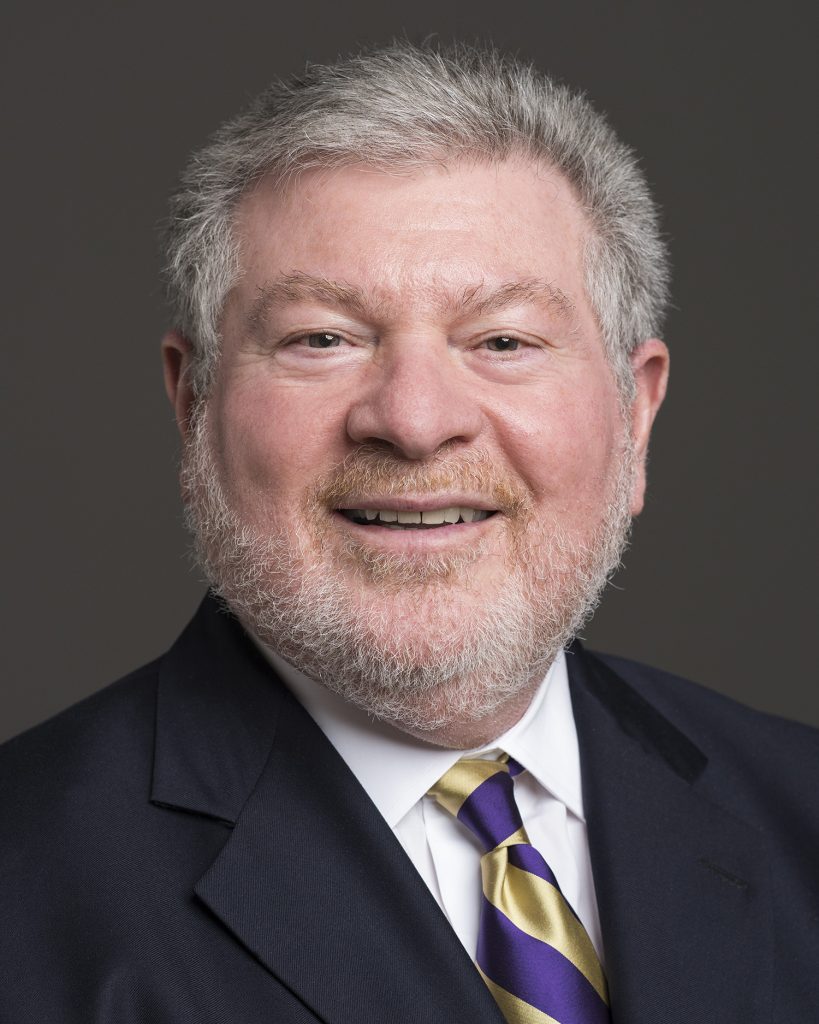 I was born into a proud Sephardic family in Seattle just before the end of World War II. My mother’s father, who died before I was born, was the rabbi of the Sephardic Bikur Holim Congregation, having immigrated here from Turkey in 1924. My uncle, Rabbi Solomon Maimon, succeeded his father and was the rabbi of our congregation while I was growing up.
I was born into a proud Sephardic family in Seattle just before the end of World War II. My mother’s father, who died before I was born, was the rabbi of the Sephardic Bikur Holim Congregation, having immigrated here from Turkey in 1924. My uncle, Rabbi Solomon Maimon, succeeded his father and was the rabbi of our congregation while I was growing up.
My father’s family had been founders of the Spanish and Portuguese synagogue in his hometown of Manchester, England. I was imbued with the traditions, language, and customs unique to Sephardic Jews throughout my childhood.
However, a discordant note in my childhood surrounds my Jewish education. As a student at Seattle Hebrew Academy through the 8th grade, I had to leave my Sephardic identity at home. All of my teachers were Ashkenazic, and the pronunciation, language and customs we were taught were exclusively Ashkenazic.
As I prepared for my bar mitzvah, I learned the Sephardic Hebrew pronunciation, now much better known because of Israeli Hebrew, and our unique ta’amim (cantillation) for reading from the Torah. In effect, I had to become two different Jewish people, one at school and one at home and at synagogue. This was not a painful experience because we just accepted that we were a minority, and the majority established the rules.
But, my childhood experiences did shape my outlook on the need to enhance and preserve Sephardic culture as unique and important. This also explains my reaction when the University hired Dr. Devin Naar to chair a Sephardic Studies Program. It was a thrilling opportunity to bring together resources in an area very near and dear to me.
Over the past seven years, it has been my pleasure to support the program and to watch with pride as it has become an important part of our University and a shining light to the world. The impact of the teaching and programs Devin has brought to the UW have made us the envy of other universities around the globe. I hope we can continue to grow and advance this wonderful program in the years to come. I will certainly do my part.
Joel Benoliel is a member of the Sephardic Studies Founders’ Circle and is an active member of the Sephardic community in Seattle.
Editor’s note: This article appeared in the “Community Engagement” section of the Stroum Center’s Jewish Studies Impact Report, Autumn 2018. View the entire report here.
Learn more about Sephardic Studies at UW:
- About Sephardic Studies at the UW
- Writing in Sephardic Studies by faculty, researchers, and students
- Sephardic Studies Digital Library & Museum
- International Ladino Day celebration

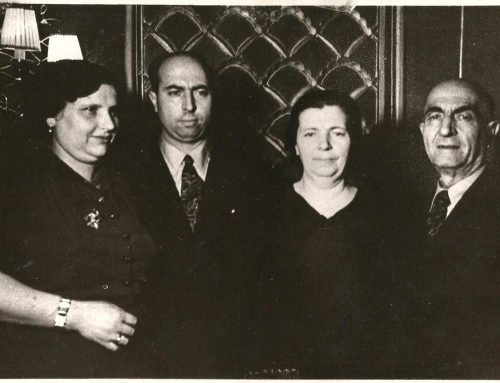
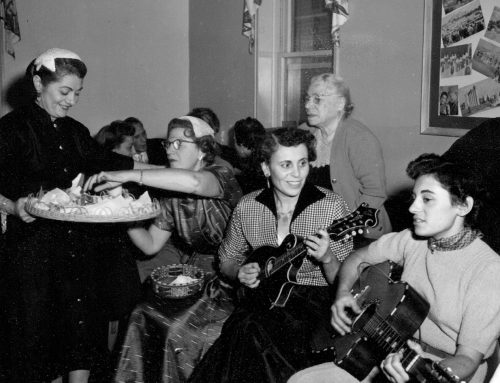
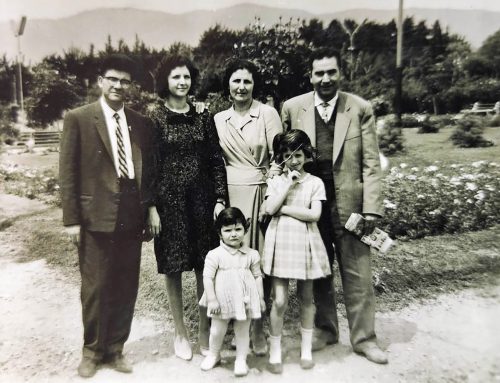

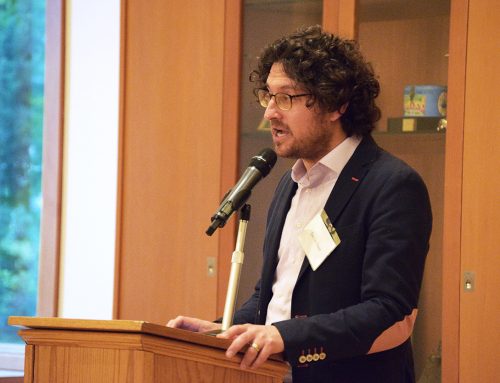
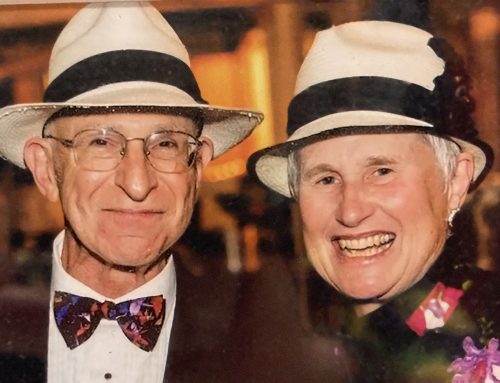
Leave A Comment